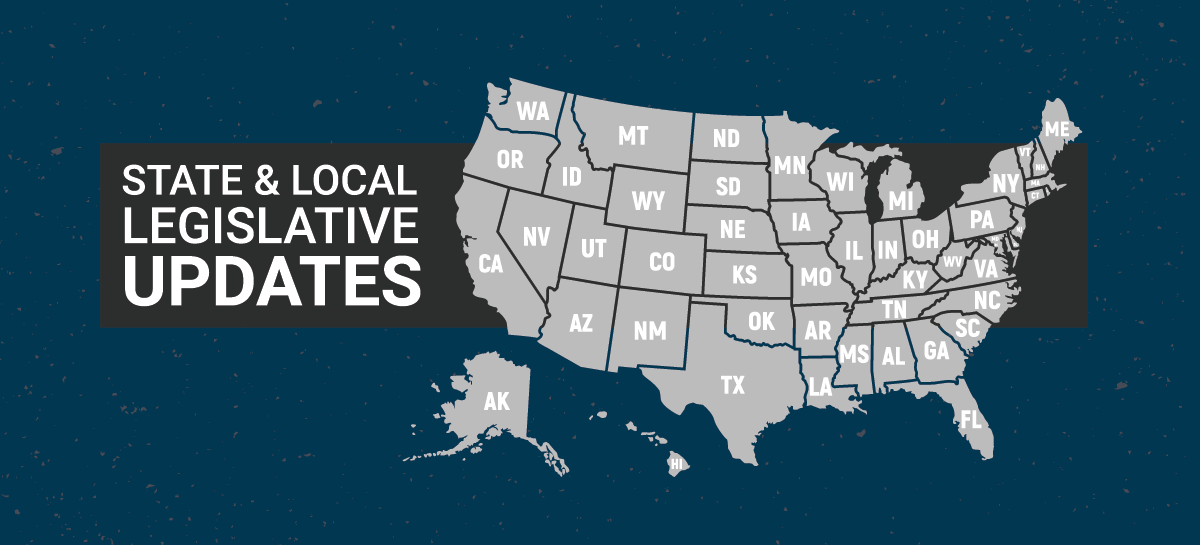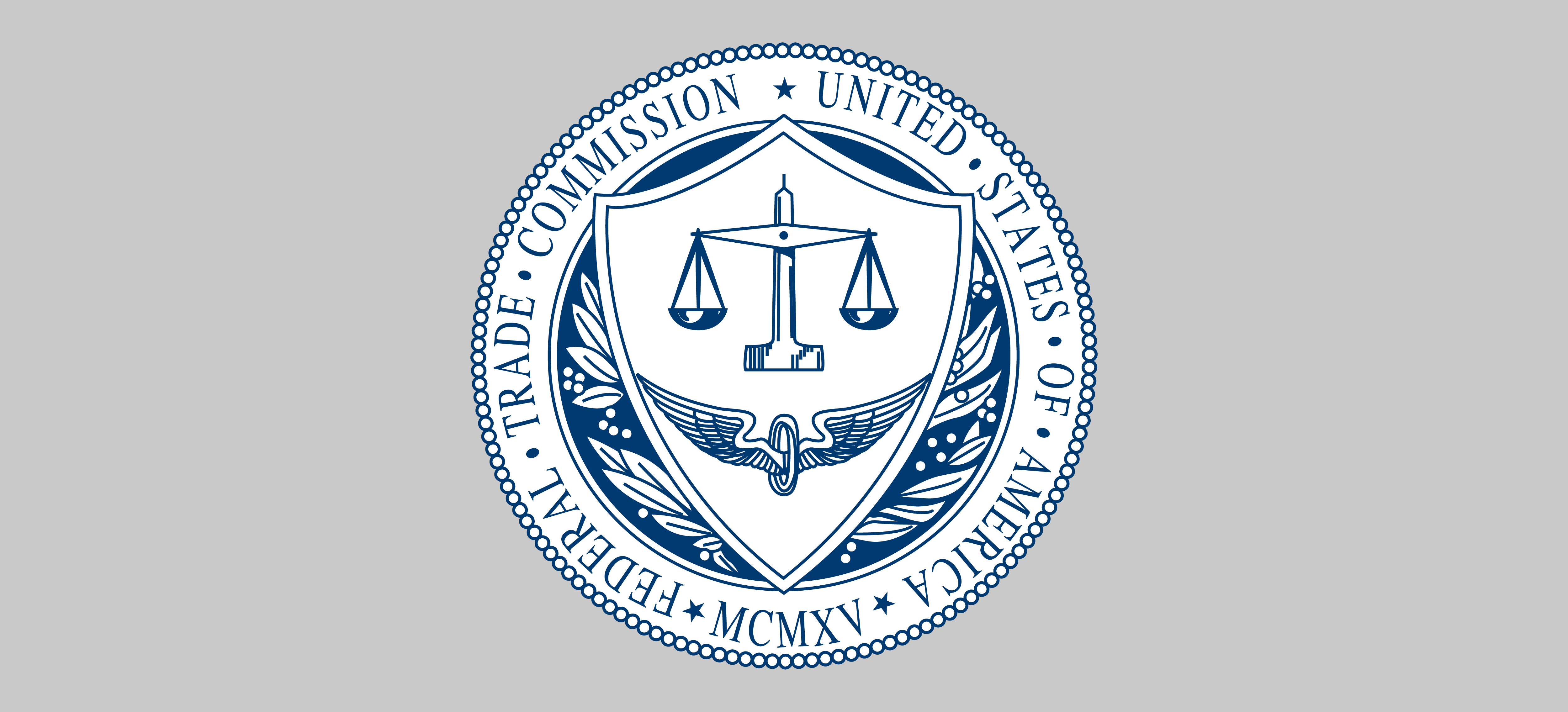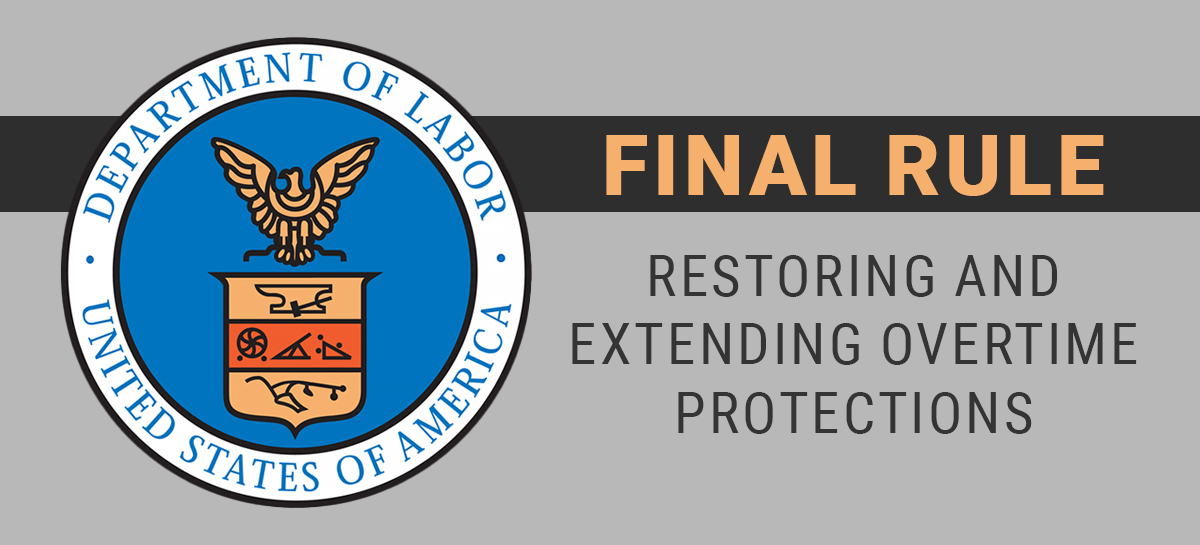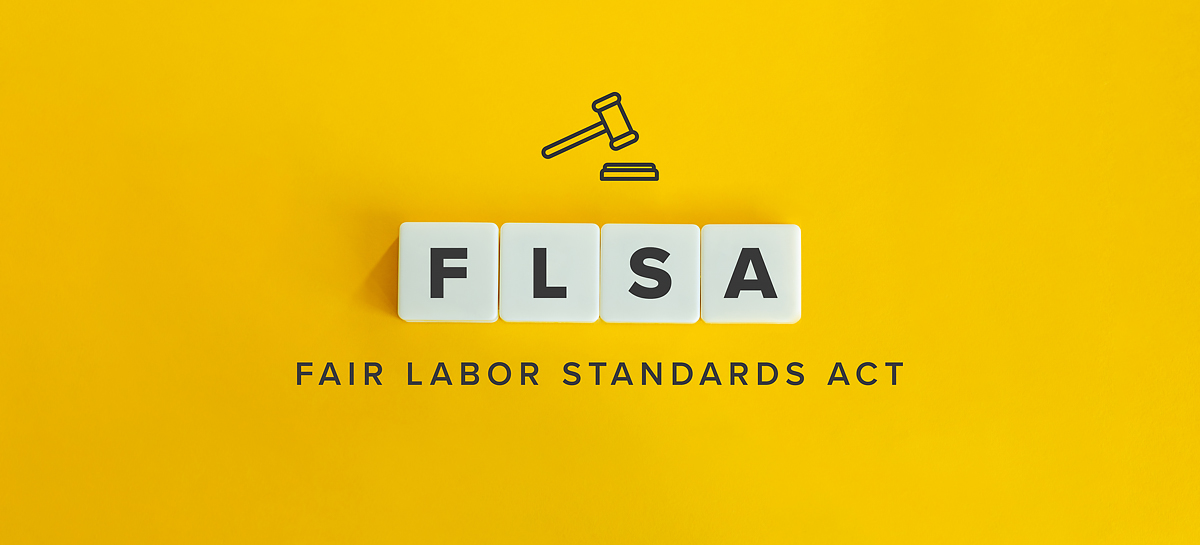
Around 27% of U.S. workers quit their jobs in 2023, which, according to a common turnover calculation, cost employers nearly a trillion dollars to replace. Unfortunately, turnover is expected to climb this year, and labor experts predict another form of the “Great Resignation” to take place as workers choose to leave their jobs. Employee retention remains a critical challenge this year for employers across industries. A LinkedIn survey found that 85% of workers plan to look for a new role in 2024, which is almost a 20% jump from the previous year. The trend particularly applies to younger generations, including Generation Z, millennials, and Generation X.
Continue reading




